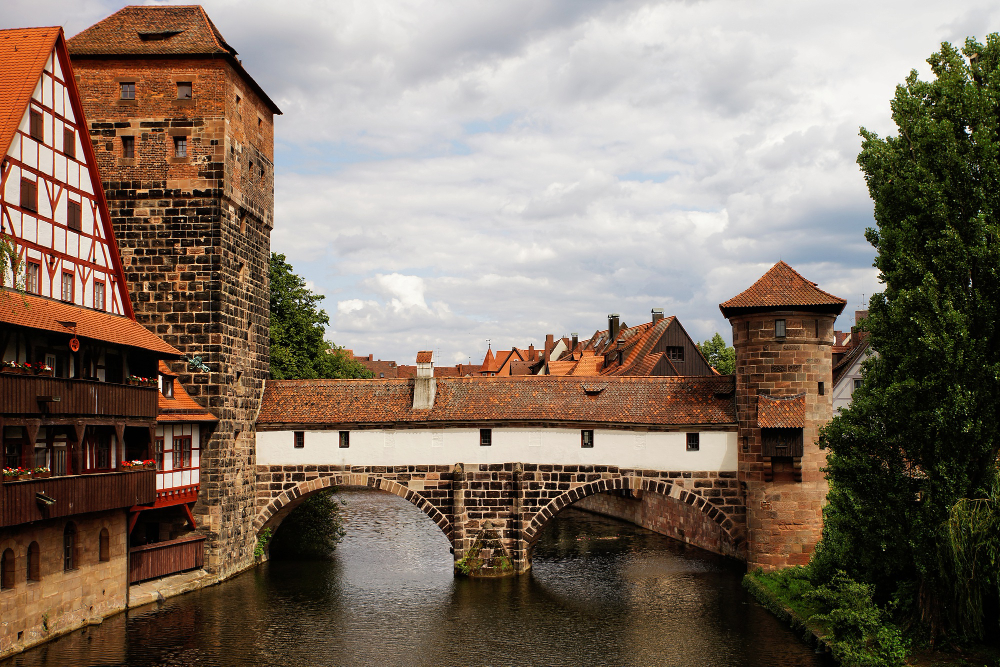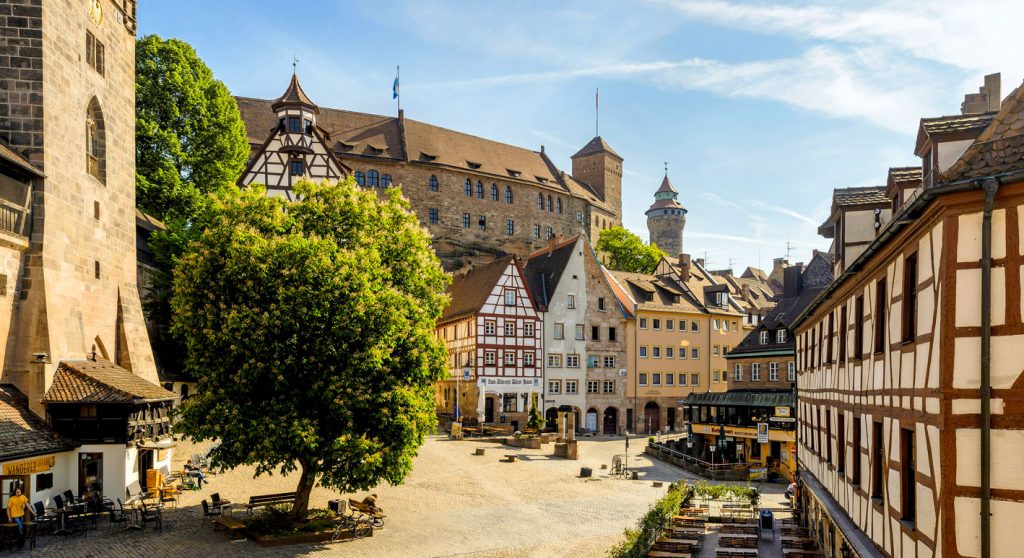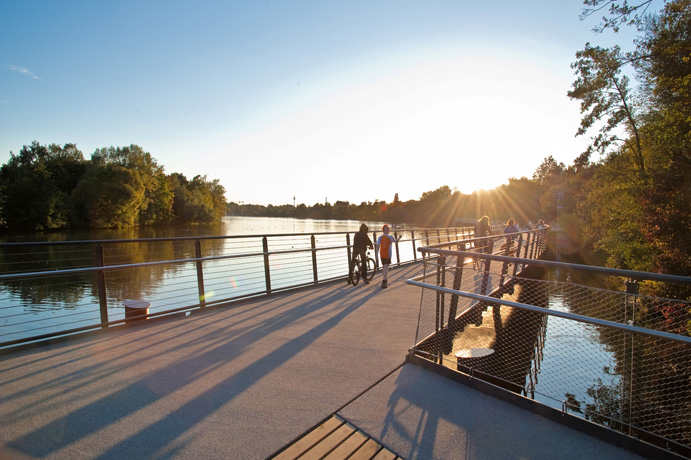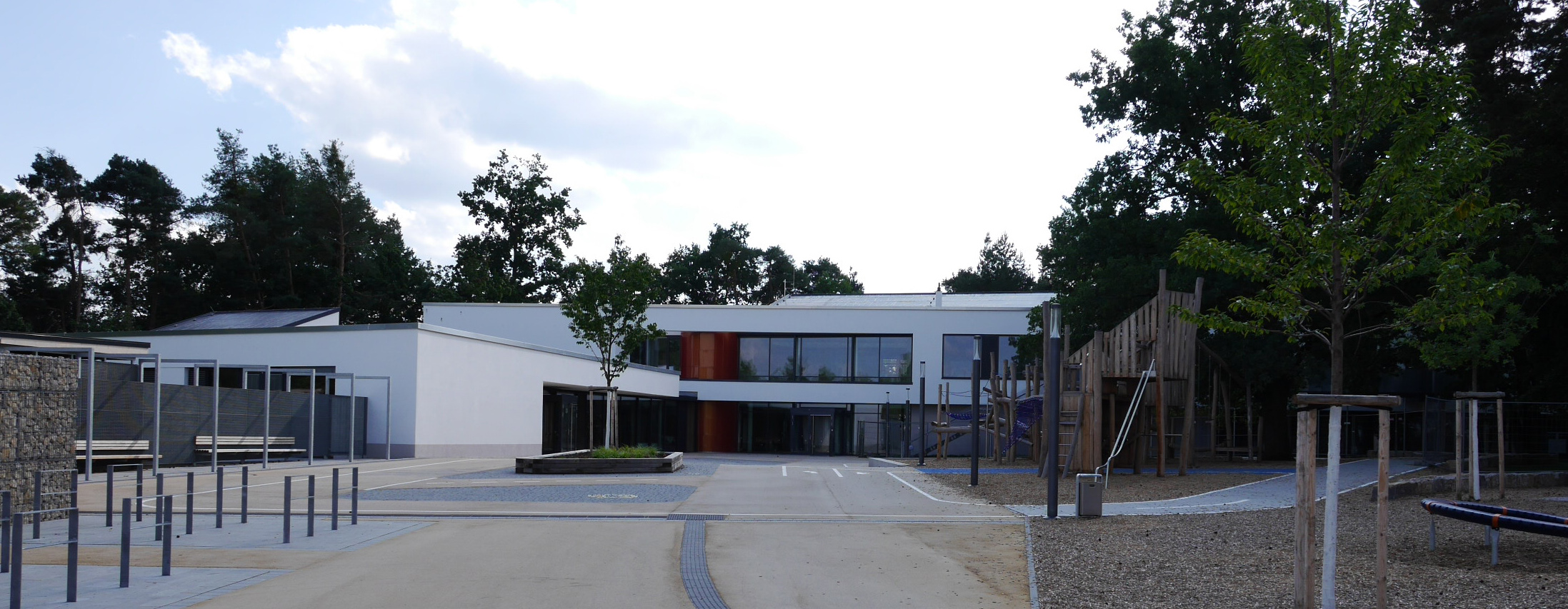SEBR is now implementing its renovation approach in 3 buildings across Europe. Our mission is to design, develop, and test a renovation strategy capable of delivering 100% renewable energy supply to any existing non-residential building.
Focus on Nuremberg: Renovating an Elementary School
The elementary school selected as one of the pilot buildings in the procURE project, was built in 2016 as an ultra-low-energy structure with two stories and a partial basement. It is both an educational institution and a daycare center. SEBR is implementing a highly efficient heat pump system, marking a shift away from reliance on fossil fuels. The school’s rooftop is going to showcase 200 solar panels generating 87 kW of power, covering 62% of the building’s energy needs and significantly reducing dependence on non-renewable sources. An upgraded Building Management System will ensure optimal performance and energy efficiency, effectively minimising waste.
Our plan follows a well-structured timeline and places a strong emphasis on community engagement. The implementation of these technologies began in January 2024 and is expected to conclude by the end of April 2024, followed by an evaluation period for the implemented system. Furthermore, the technical solution we offer is complemented by in-depth training for the facility managers and operators. Simultaneously, we will conduct educational activities and awareness workshops for the building users, encouraging changes that play a key role in achieving energy savings. Residents, students, and stakeholders are actively encouraged to contribute ideas for creating a sustainable learning environment. As the Nuremberg pilot progresses, it not only underscores the city’s commitment to sustainable urban development but also serves as a model for replication worldwide.
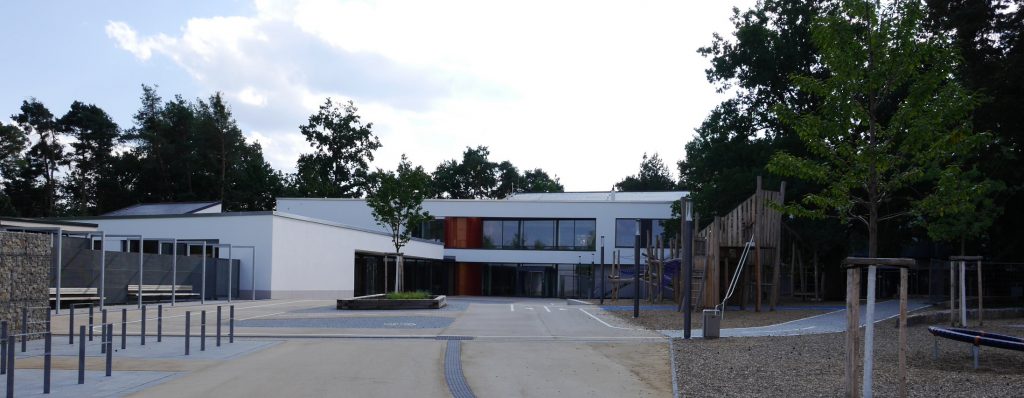
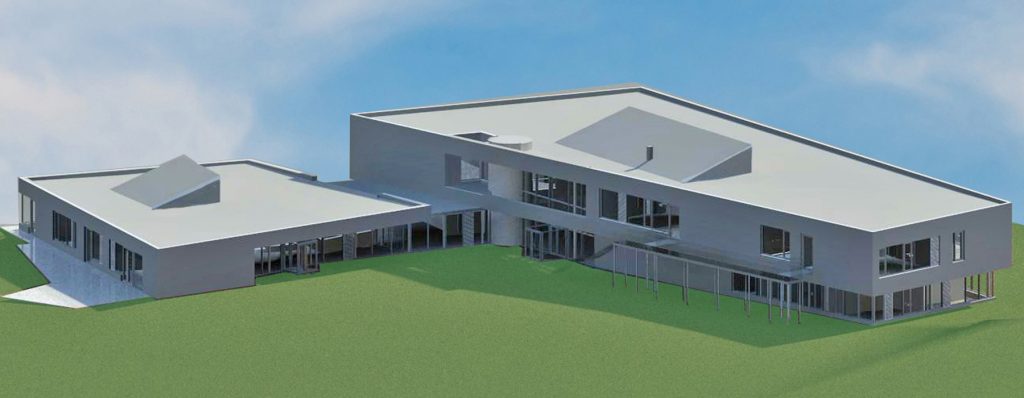
About Nuremberg’s Pledge to Sustainability
Nuremberg is one of the consortium partners in the EU-funded procuRE project, which launched a competitive tender to renovate 6 buildings. SEBR is now in the third and last phase of this tender, focusing on the implementation of the renewable solutions.
With 1,900 buildings under its jurisdiction, Nuremberg confronts challenges such as high energy consumption and the preservation of listed buildings. Striving to balance the energy needs of historic structures without compromising their integrity, the city envisions retrofitting existing buildings to achieve the same level of energy efficiency. As Alexander Nordhus, Deputy Head of Municipal Energy Management at the City of Nuremberg, aptly puts it, “New buildings can be easily built in a way that they generate enough renewable energy to fully meet their occupants’ demand. We aim to prove that existing buildings can be retrofitted to the same level – without breaking the bank.”
As a solution to this challenge, SEBR designs tailor-made solutions that can be adapted to different types of buildings, with varying configurations and uses. We co-design the solution with users to ensure their needs and expectations are met, proposing the most suitable option and calculating the return on investment for each proposed element.
